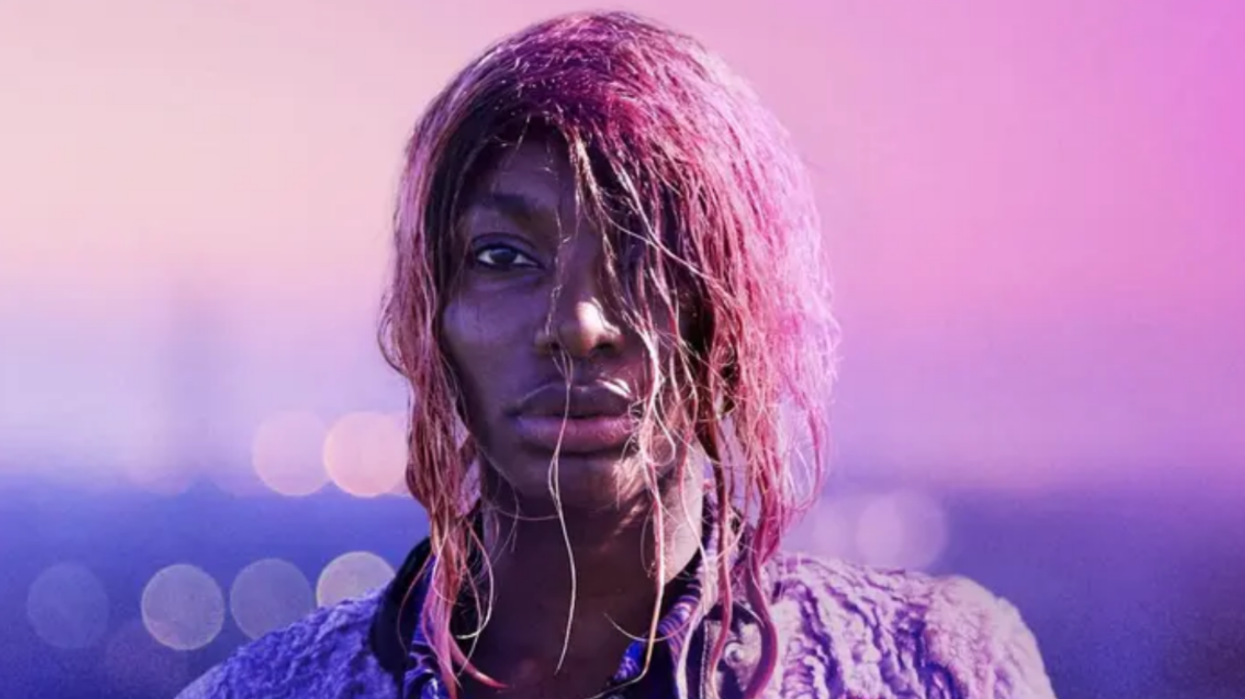News
Moya Lothian-McLean
Jul 13, 2020
Trigger warning: sexual assault
Writer, actor and director Michaela Coel is in high demand right now.
Thanks to her brilliant new show, I May Destroy You, Coel is currently all over the media.
And because of the subject matter of the show – which explores topics like sexual assault, consent and mental health, many of which are inspired by Coel’s lived experience – her interviews are currently on pretty weighty matters.
But not everything she says is gospel: which is why comments the 32 year-old made on The Economist’s podcast about “responsibility” and sexual assault have caused unease.
Speaking about the moment her drink was spiked, Coel outlined her belief that if she had watched her drink, what happened to her might not have occurred.
If you whisper to yourself, at some point during your healing, ‘If I had watched my drink, this wouldn’t have happened’, perhaps it doesn’t sound so scary. It’s just a fact.
“The fact is if you were watching your drink, you would have seen somebody put some things in it,” she continued.
“However, do any of us watch our drinks constantly? Do we make sure we see the barman at all times when he pours the drink? We don’t. When you start looking at that fact you see a very grey area where it involves perhaps this word that’s become very taboo around this subject… it’s a scary word: responsibility”.
Coel finished:
It doesn’t mean that Arabella [the protagonist of IMDY] is responsible for what happened to her. But she can find, within that scene of when her drink was spiked, she can find herself not being powerless.
When you dare to face that, for me personally, I gained some sort of power. I don’t know why. But when I allowed myself to just look and go ‘And there was the minute when perhaps I was looking somewhere else [...] and that’s when it happened’.
It doesn’t place any blame on me. But to shield me [...], to shield anyone from that moment is to keep someone as an infant.
You’re making them only see it from a two-dimensional view, where there is a victim and a criminal, and the criminal did everything and you did nothing, everything happened to you.
But that is such a powerless way of seeing life. And I don’t know how much we can grow, I don’t know how much we can find our power if we’re only seeing things that way.
Coel’s remarks seem specifically to refer to the scenario of having your drink spiked and seem very individual to her.
But now there’s been pushback because some people have interpreted Coel's words as a suggestion that sexual assault victims can have “responsibility” for what happened to them.
Coel was speaking from personal experience, but people have questioned her remarks on the "power" of giving yourself agency in that situation.
Many people recognise and respect that Coel is processing trauma in her own way, but have suggested that her platform makes comments like these potentially harmful.
It was also pointed out that survivors “reclaim their power” in different ways.
But there was also discussion of why Coel may feel the need to try and claim that power back.
Healing is a long and difficult path and everyone's experience is unique and valid.
But that doesn’t mean it’s not important to interrogate any narratives that may be unhelpful to others.
If you have been affected by any of the themes mentioned in this story, please visit rapecrisis.org.uk or call 0808 802 9999 (12-2:30 and 7-9:30) to speak confidentially to a Rape Crisis worker.
Top 100
The Conversation (0)














